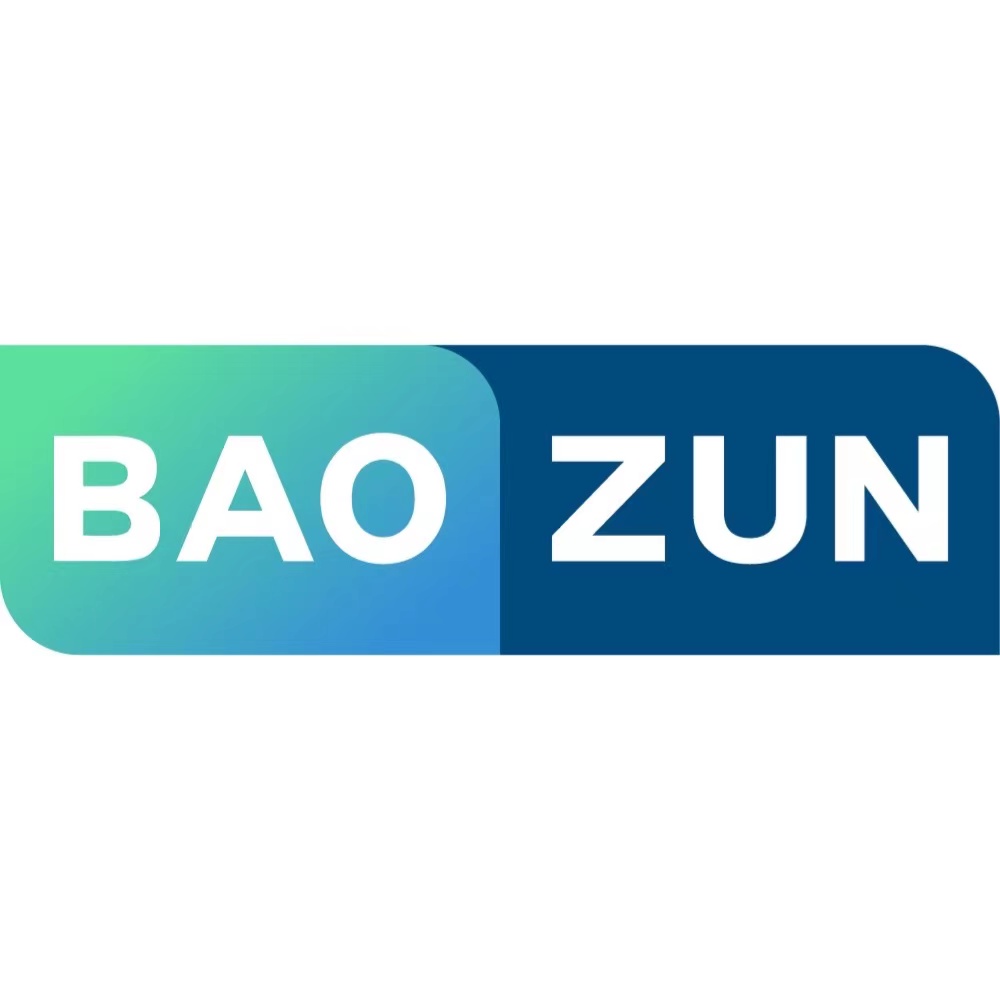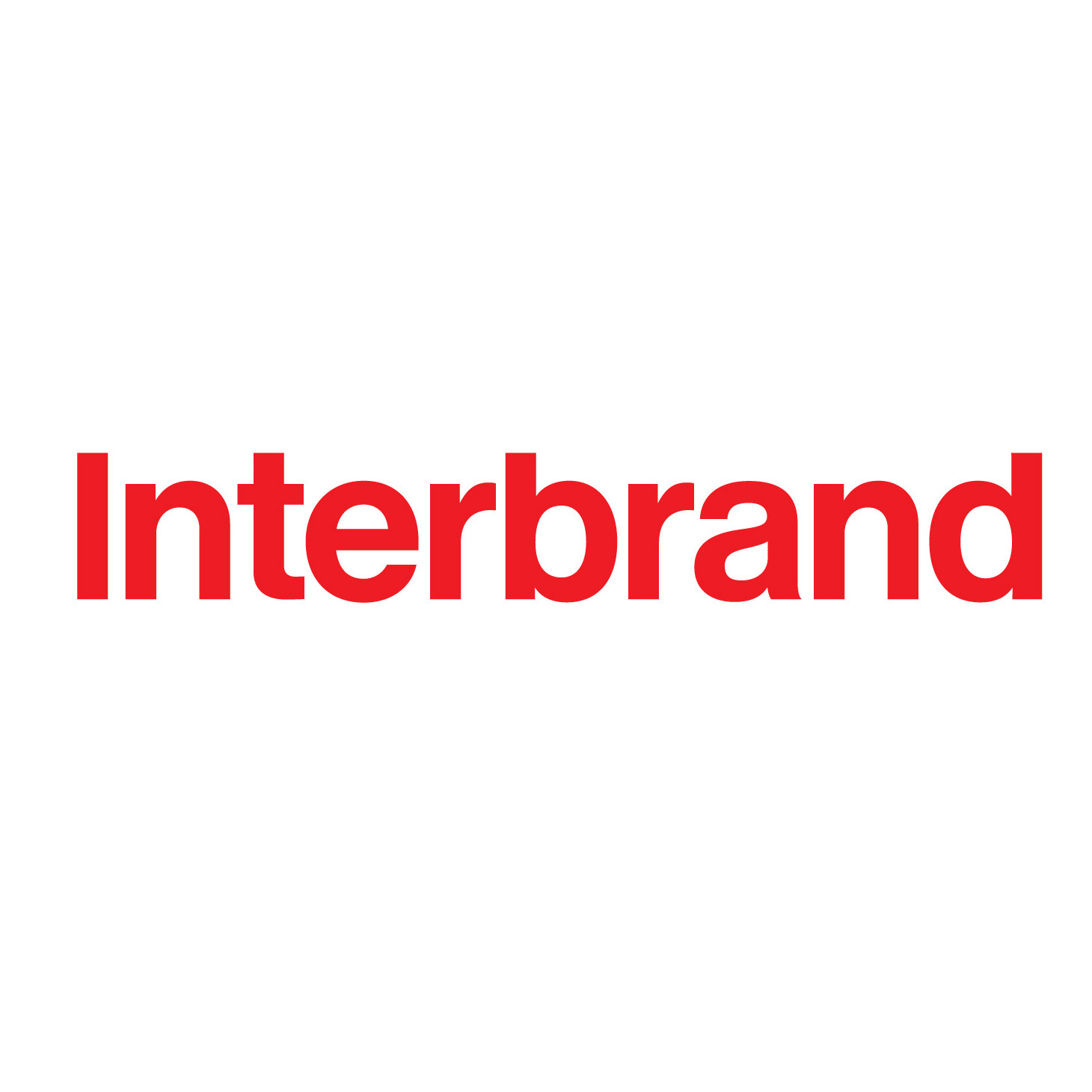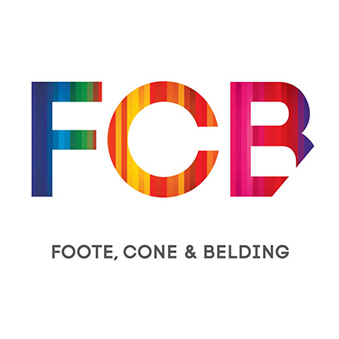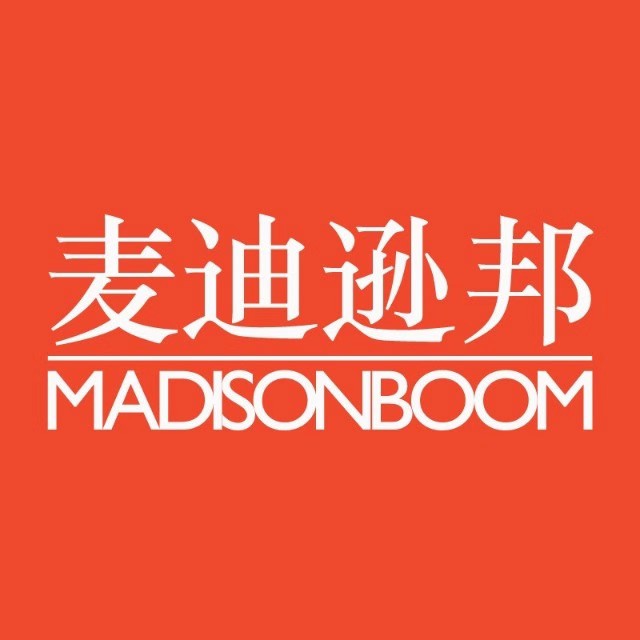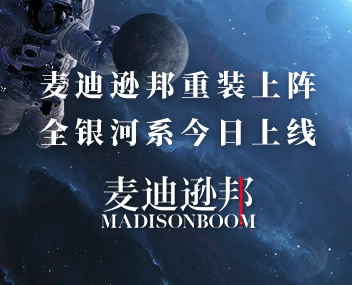Lengthy courtship: a 20-year relationship between Bill Tragos and Bruce Crawford
Lengthy courtship: a 20-year relationship between Bill Tragos and Bruce Crawford is one of the primary reasons TBWA finally joined Omnicom By Noreen O'Lear
Over a casual dinner early last year with longtime acquai
"Over the years, a lot of people would come see us about selling to them and when we'd say no, they'd laugh and say we'd never make it on our own," says Tragos. "But Bruce has always been terrific. He would approach us and, even though we weren't ready he would be very encouraging to us."
Crawford first tried to buy TBWA shortly after Tragos launched the agency in Paris in the early '70s--and the Omnicom ceo had been wooing Tragos ever since. Of course, even among old friends, making the decision to sell is never easy. But in an increasingly polarized industry, where midsized independent shops are being squeezed between global mega-agencies and specialized boutiques, there's plenty of reason to listen to offers.
First, the shortage of quality independents and the hunger for growth by holding companies has created a seller's market. (The Interpublic Group of Companies, for instance, is expected Ito reach a definitive agreement to acquire Scali, McCabe, Sloves this week and Foote, Cone & Belding is reportedly shopping for agencies to create a second network.) And, because many of the '80s buying binges soured financially in the '90s, expansion capital from banks is scarce while public ownership is considerably less desirable.
Although TBWA was fiercely independent during the last decade's selling frenzy--the shop spurned overtures from Saatchi & Saatchi, WPP Group, IPG and Young & Rubicam--Tragos' ambitions clearly outpace his resources these days. "We've always been a carefully run company," explains the agency's ceo, "but we could only finance a certain amount of expansion on our own. Now we're faced with a number of clients who want to expand internationally. To do that we'd have to get ourselves in hock. So we had to find a way to balance our desire to grow without risking the family jewels."
With an abhorrence for debt and open disdain for British global theories of size, the powers at TBWA say they never considered selling to Saatchi or WPP. Explains agency president Dick Costello, "We think there are two terrific groups left, Omnicom and Interpublic. We feel Omnicom is the more creative of the two. Having our name next to BBDO and DDB Needham is a better psychological fit. And IPG already had three networks, so they might have wanted to combine us with Lowe. The most important part of our Omnicom deal is that we continue to run independently."
From the start, TBWA pursued a maverick course in building its operations. In 1970, when few U.S. admen considered Europe a career fast track, the feisty and outspoken Tragos rounded TBWA in France with three colleagues from Young & Rubicam/Paris French marketing research expert Claude Bonnange, Swiss copywriter Uli Wiesendanger and Italian account exec Paolo Ajreldi. When Tragos, a Greek-American, moved to New York in 1977, TBWA was the first European agency to open its doors in the states.
The agency seems to have adopted a whatever-it-takes attitude about expansion. In 1989 Tragos toyed with public ownership, buying a 3% stake in London's Boase Massimi Pollitt during the takeover battle for that company. (He later sold his shares at a tidy profit for TBWA.) And while he says he prefers to build rather than buy, he has struck alliances that have served him well. Three years ago in Japan, for example, TBWA aligned itself with Hakuhodo and picked up Nissan's European account.
But TBWA has never been able to parlay its overseas automotive experience into a U.S. factory account. The sale to Omnicom will help give the agency the critical mass to become a factor in the category. The 58year-old Tragos says his goal is to double or triple TBWA's billings and offices in the next 10 years. The agency currently has 14 offices and clients such as Carilion Importers' Absolut vodka, Evian, Anheuser-Busch, Club Med, Beiersdorf and Reckitt & Colman.
The merger, which gives an estimated $100 million in Omnicom stock to the 55 TBWA shareholders, is already paying off for the holding company. Bullish investors have pushed Omnicom's share price to nearly $46, a 52-week high, and some analysts believe Crawford will consider a stock split once the stock hits $50.
Crawford scrapped earlier plans to create a third Omnicom network by combining Tracy-Locke/Dallas and Altschiller Reitfzeld/N .Y. because he didn't believe it would yield the proper mix. But with TBWA, Crawford has the kind of creatively driven agency he has championed in the last few years. "TBWA has a strong European network and fine creative work," he says. "It's still a young agency with a lot of premise."

